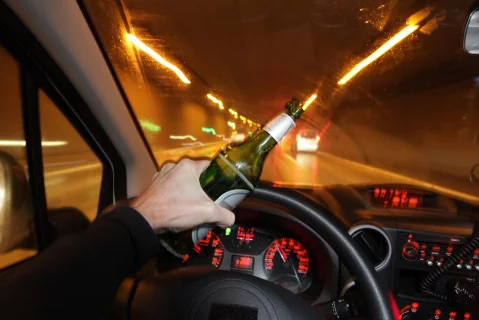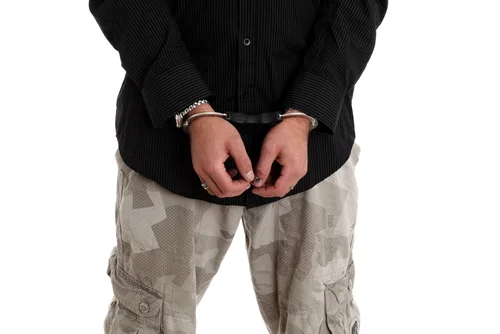+1 845 259 2974 (11 a.m to 7 p.m CST)
Driving Reports From GPS Tracking Help Parents Build Safer Teen Habits

GPS tracking reports give parents a clear view of how their teens drive in everyday conditions. Instead of relying on assumptions, parents access accurate data that reveals specific behavior patterns on every trip.
This visibility allows parents to approach driving habits with clarity and direction. Speeding, harsh braking, and rapid acceleration become clear examples that parents and teens can discuss together using real evidence.
Each report helps teens connect their driving actions to real safety outcomes. That repeated link between behavior and result forms the foundation for long-term habit change.
What Are Driving Reports?
Driving reports are digital records generated by GPS tracking systems that capture real-time driving behavior. These reports log actions like speeding, harsh braking, rapid acceleration, route choices, and total trip duration.
The data is organized to show exactly how a vehicle was operated at any given time. This gives parents a factual breakdown of their teen’s driving, removing guesswork and focusing attention on specific actions.
Why Do Teens Need Driving Reports?
Teens need driving reports because they lack experience and often misjudge risk on the road. These reports show them exactly where their decisions increase danger, using clear evidence instead of vague advice.
By seeing how their driving compares to safety standards, teens learn to correct their actions with purpose. This structured feedback helps them build habits that reduce accidents and improve control over time.
How Do Driving Reports From GPS Tracking Help Parents Keep Their Teens Safe?
Spot Risks
Driving reports highlight specific actions like speeding, sudden stops, or sharp turns. These patterns reveal exactly where a teen takes unnecessary risks on the road. By locating these behaviors clearly, parents focus on what needs improvement. This removes guesswork and gives a direct starting point for feedback.
Give Instant Feedback
Many teen GPS trackers trigger alerts the moment unsafe behavior happens. Parents receive notifications while the trip is still in progress. This timing helps connect actions to immediate consequences. It makes the correction more relevant and easier for the teen to understand.
Start Better Conversations
Reports give parents a neutral, fact-based starting point for discussions. The focus stays on behavior, not personal judgment. With this approach, teens are more open to listening and adjusting. They see that the feedback is clear, specific, and fair.
Track Progress
Repeated reviews show how a teen’s habits are changing over weeks and months. Fewer alerts and smoother trips signal improvement. This visible progress gives teens motivation to stay consistent. It also reassures parents that their efforts are working.
Build Accountability
When teens know their driving is being monitored, they often make more cautious choices. The awareness alone increases their focus on safety. This accountability creates long-term responsibility. It helps teens treat every trip as a test of their own judgment.
Guide with Precision
Driving reports reveal patterns that are unique to each teen’s behavior. Some need to manage speed, while others need to handle corners more smoothly. This level of detail lets parents guide more effectively. Every suggestion matches a real-world issue the teen has already faced.
Things You Need To Consider Before Using Teen GPS Tracker
Set Clear Intentions
Before using a teen GPS tracker, define the purpose with your teen. The goal must be safety and skill-building, not control or punishment. When teens understand why the tracker is used, they are more likely to accept it. This shared clarity prevents conflict and builds trust early on.
Choose the Right Features
Not all GPS trackers offer the same tools, so focus on what helps most. Look for real-time tracking, speed alerts, trip summaries, and report history. These features give you relevant insights into daily driving habits. Without them, reports become less useful for feedback or coaching.
Respect Privacy Limits
Tracking can feel intrusive if not handled carefully. Set boundaries like disabling tracking during personal non-driving times. This balance shows that you respect their independence while still prioritizing safety. It keeps communication open instead of creating tension.
Discuss Data Access
Decide who can view the reports and how often. Keeping this transparent helps your teen feel included rather than monitored. When teens know what data is reviewed and why, they engage with the process more willingly. It turns tracking into a shared learning tool.
Prepare for Honest Conversations
Be ready to talk calmly when risky patterns appear in reports. Focus on facts and solutions, not emotion or blame.This response builds responsibility without damaging the relationship. It reinforces the purpose of using the GPS tracker from the start.
Review the Legal Aspects
Some states have specific laws about tracking vehicles and driver consent. Check local regulations before installing any GPS system. Following legal guidelines ensures you're using the tool correctly. It protects both your teen's rights and your intentions as a parent.
Conclusion
Driving reports from GPS tracking give parents a practical way to shape how teens behave behind the wheel. With clear data on speed, braking, and routes, these tools move the conversation from warnings to action. This shift builds habits based on facts rather than fear.
By consistently reviewing reports and responding with targeted guidance, parents help teens become more aware and responsible. The combination of real-time alerts, pattern tracking, and regular feedback strengthens both driving skill and decision-making. Each improvement is measurable, which reinforces positive change.
Using GPS tracking with clear intentions and mutual understanding turns it into a shared safety system, not a control method. Respecting privacy, customizing features, and focusing on skill-building creates lasting cooperation between parent and teen. Over time, this foundation supports safer, more confident driving for life.























